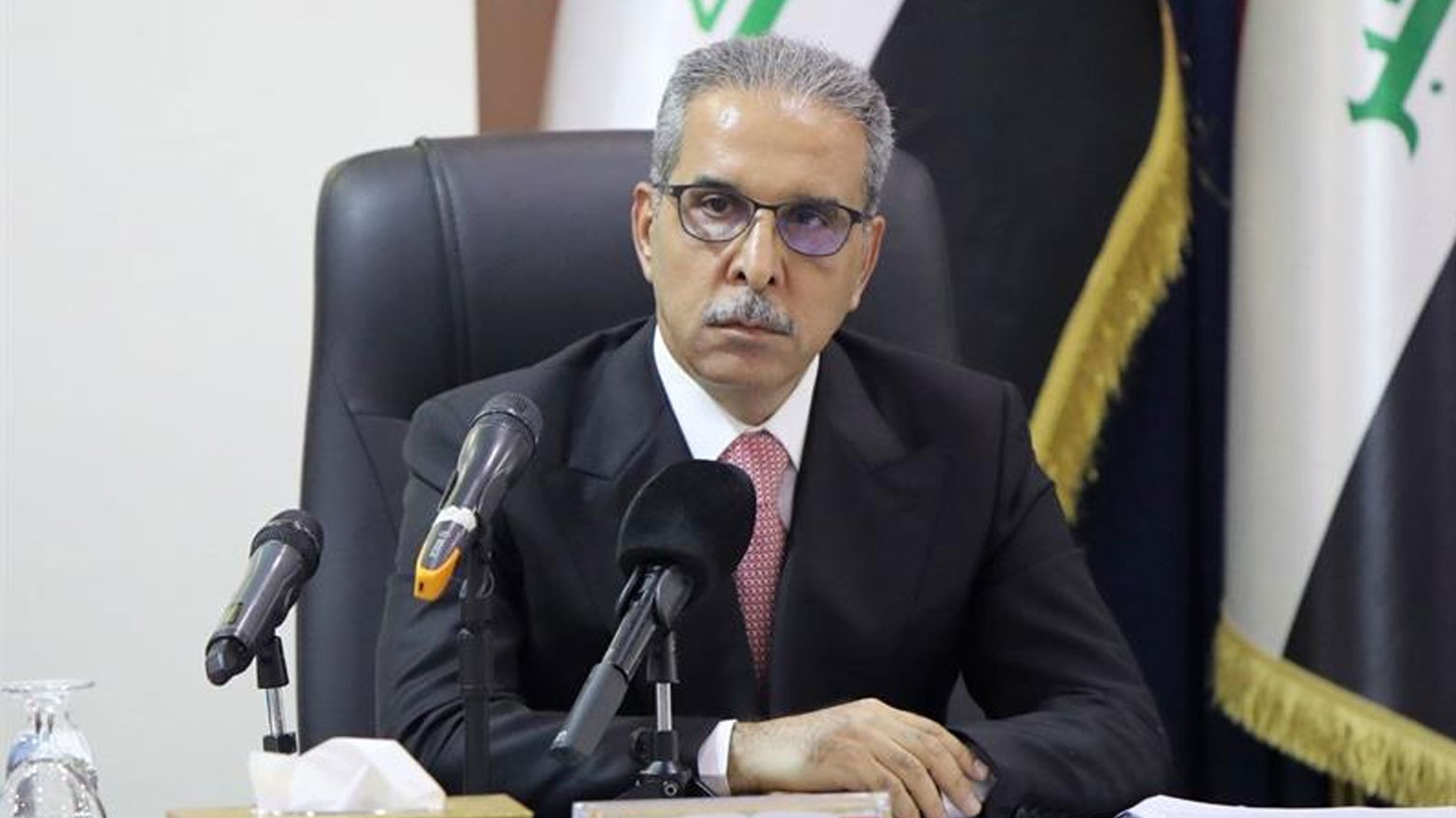Iraq’s Judicial Council Rejects Suspension of Laws, Orders Enforcement of Amnesty Amendment
The Council pointed out that administrative orders, such as the federal court’s suspension, are temporary measures and do not carry the final authority that distinguishes definitive legal rulings.

Feb. 5, 2025
ERBIL (Kurdistan 24) – The President of Iraq’s Supreme Judicial Council, Judge Faiq Zidan, affirmed that no law passed by Parliament can be suspended before its publication in the Iraqi official gazette, al-Waqa’i, and emphasized that courts are legally bound to implement amendments to the General Amnesty Law as approved by Parliament.
Judicial Council Upholds Constitutional Principles
The Supreme Judicial Council held its fourth session on Wednesday, presided by Judge Zidan, to review the recent federal court ruling that suspended three laws ratified during a parliamentary session.
The council reaffirmed that, in accordance with Articles 93 (First) and 129 of the 2005 Iraqi Constitution, no law can be challenged on constitutional grounds until it has been officially published. This principle, the council noted, has been reinforced through multiple rulings by the Federal Supreme Court.
Additionally, the council rejected the notion that any law passed by parliament could be halted before its publication, asserting that such an action lacks constitutional and legal validity.
Addressing the federal court’s suspension order, the council explained that the ruling temporarily halted the implementation of amendments to the Personal Status Law No. 188 of 1959 and the Property Restitution Law, despite neither having been officially published. Therefore, the suspension order was deemed legally irrelevant.
The Council further stressed that requests to suspend the implementation of laws, including the Second Amendment Law to the General Amnesty Law No. (27) of 2016, are inconsistent with constitutional provisions and legal procedures outlined in the Civil Procedure Law.
Courts to Implement Amnesty Law Despite Legal Disputes
The Council also pointed out that administrative orders, such as the federal court’s suspension, are temporary measures and do not carry the final authority that distinguishes definitive legal rulings.
In conclusion, the Supreme Judicial Council reaffirmed that courts remain obligated to enforce the General Amnesty Law as ratified by Parliament on Jan. 21, 2025. Citing Article 129 of the constitution, the council emphasized that laws cannot be suspended unless a final ruling explicitly declares them unconstitutional or annuls them.
On Tuesday, the Iraqi Federal Supreme Court decided to halt the implementation of multiple laws approved by the Iraqi Council of Representatives until constitutional appeals filed against them are reviewed and a final decision is made. The court justified its decision as a precautionary measure to protect legal rights pending further deliberations on the constitutionality of the challenged laws.
Among the suspended legislations is the amendment to Personal Status Law No. 188 of 1959, a law aimed at returning confiscated real estate to its rightful owners affected by decisions of Saddam Hussein’s dissolved Revolutionary Command Council, and the General Amnesty Law amendment.
As opposition to the Federal Court's ruling intensifies, Iraq is bracing for heightened political maneuvering and large-scale demonstrations. The growing tensions are expected to further test the country’s fragile stability and governance structures in the days ahead.